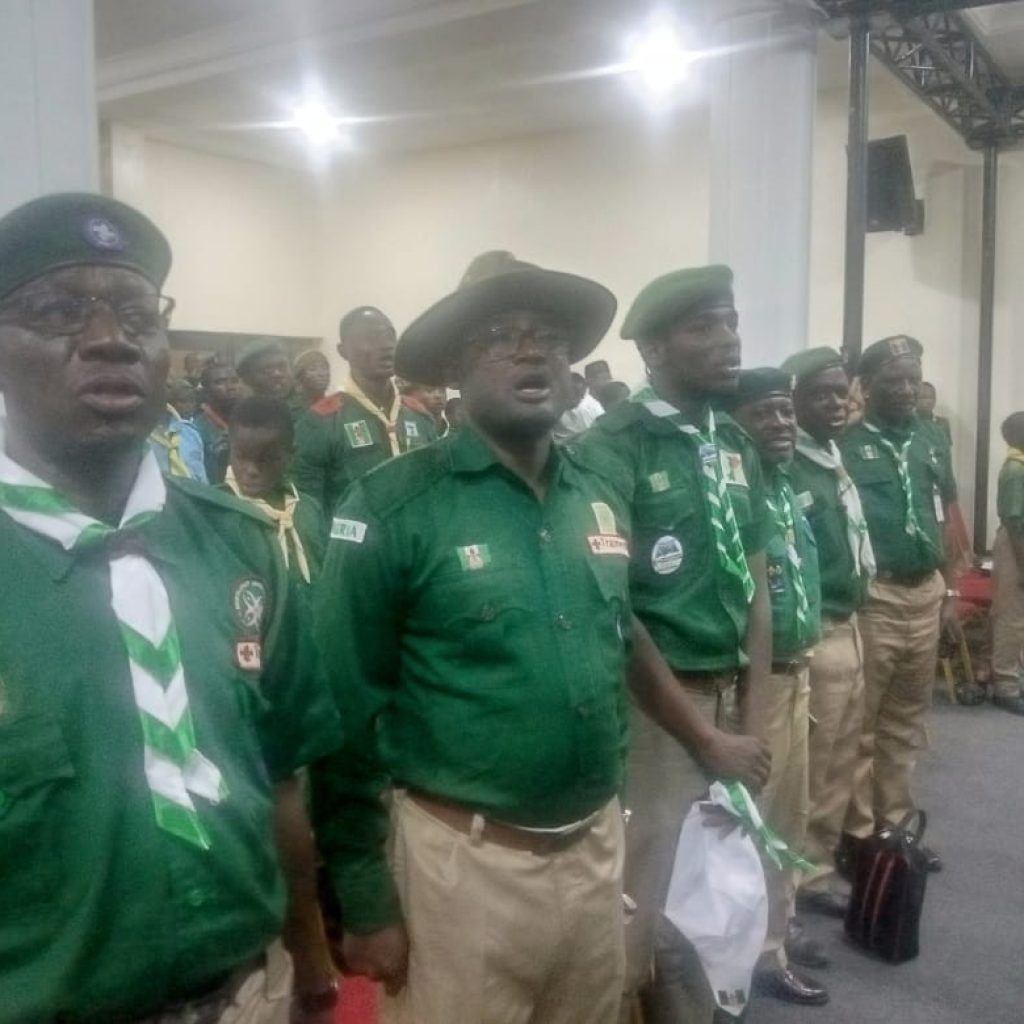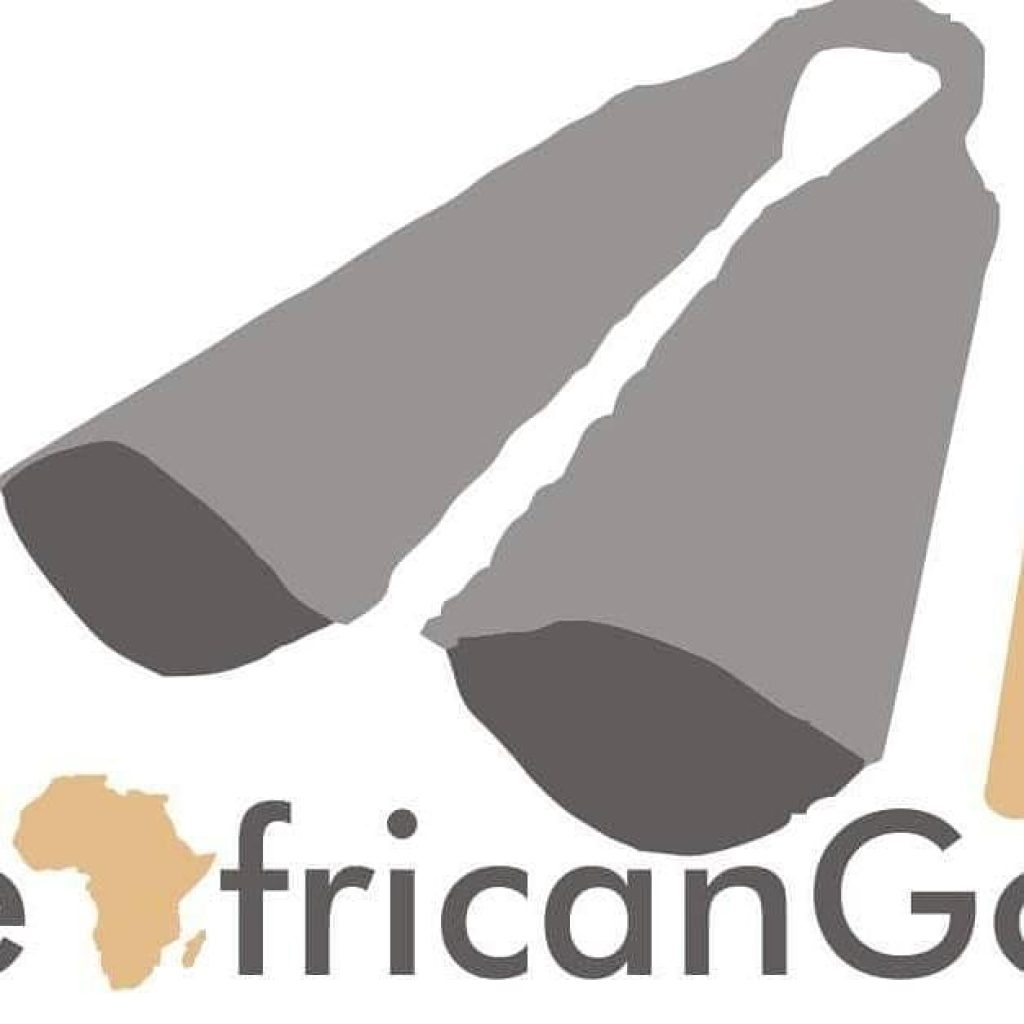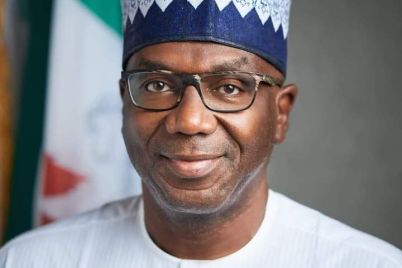
..Says 20 cult groups operating in Nigeria
…Decries prevalence of child soldiers in Africa
Worried by the growing incidents of cultism and drug abuse among children and youths in Nigeria, the Scout Association of Nigeria has put in place machinery to fight the menace in the society.
This is just as the Chief Commissioner of the Scout Association of Nigeria, Mr. Dave Padopas-Awunah has disclosed that at least 20 formidable cult groups were operating in the country.
Padopas-Awunah disclosed this at a world press conference marking the beginning of the Scouts in Africa holding in Abuja. He said from a study carried out by the Scout, there were 20 formidable cult organisations operating in the country.
He said elsewhere in Africa, the problem of child soldiers prevail but in Nigeria, it is cultism and drug abuse that are prevalent among the youths.
“There is recruitment of child soldiers elsewhere, such that they go into war but here, there is recruitment of children, 5-10 years into cultism.

“From our study, we have 20 formidable cult groups operating in Nigeria. The situation in Nigeria is quite precarious. Scouting in Nigeria I don’t want to go deep into it but all of us here know that across the length breath of Nigeria, there is one form of the crisis or the other, is it Boko Haram, banditry in the Northwest? herders crisis in the North Central? is it the IPOB in the South East? the South have a share of their own in Oduduwa People of the South West of Nigeria? So these crisis are everywhere”.
Awunah said “So what the Scout Association of Nigeria is doing is to attempt to approach areas where we have destitutes, in internally displaced people’s (IDPs) camps and we have cause to volunteer to form Scouts groups within those camps in order to catch them young and dissuade them from being recruited into cult and dangerous groups and associations”, he stated.
The Chief Commissioner also disclosed that there was an impending amendment of the Nigerian Boys Scout Act to change the name to Scout Association of Nigeria, include scouting in the and make scouting compulsory in schools in the country.
He said “We are advancing that the Nigerian Boys Scout Act as it used to be, have compulsory scouting in all public schools in Nigeria.

We have also proposed in that bill that scout could be with the Ministry of Youths as we are, but our mother ministry will be shifted from Ministry of Youth to the Ministry of Education so that our informal curriculum and our informal education, which we practise will now run the education subsector” In his address at the conference, Dr Frederick Kama Kama, Director of World Scout Bureau Africa said the government’s in Africa need to collaborate with the Scouts in their countries to fight against the menace of child soldiers and drug abuse among the youths. He lamented that most of the children fall into these wrong hands due to lack of access to education and proper care. “These children who are going into drug abuse or other abuses, we have to tackle the fundamental problems. We have to address the foundational problems. If we don’t address the main issues that takes them into drugs and bad companies, it will not help. But we need to work together; the government, the families to address the issue in the society. Scout can not change the world alone”. Continuing, he said “These children who are recruited into militant groups are being destroyed. And we don’t want this situation to continue in Africa.
But the only way we can say we don’t want this situation again is to take care of those children, to provide them with opportunities that can be different from where they have been exposed; and take them to where they can learn”.
Kama Kama explained that the Scout Bureau in Africa was working round the clock using different platforms to take child soldiers out of the disturbing situation and create a new life for them
“What I am saying about education here is not necessary for them to go to formal school. These children soldiers are forced to do different terrible things. So, we are looking at all the issues that are affecting the children from different perspectives. We are looking at a wholistic approach through our programmes”.


